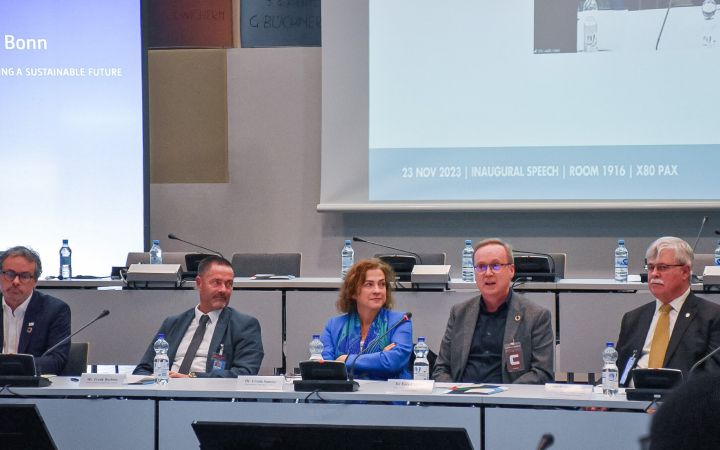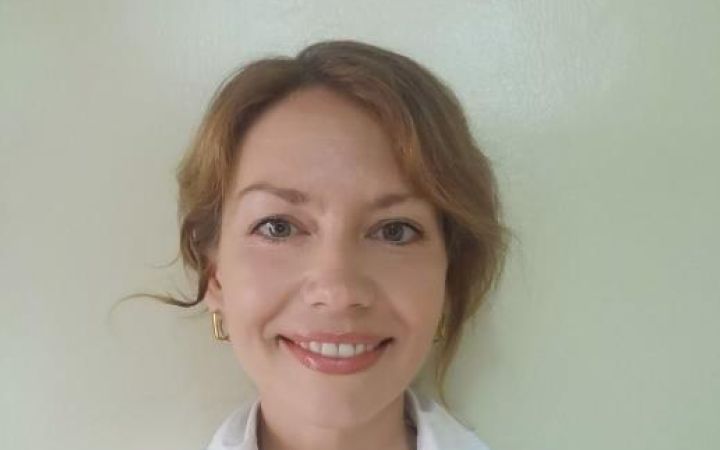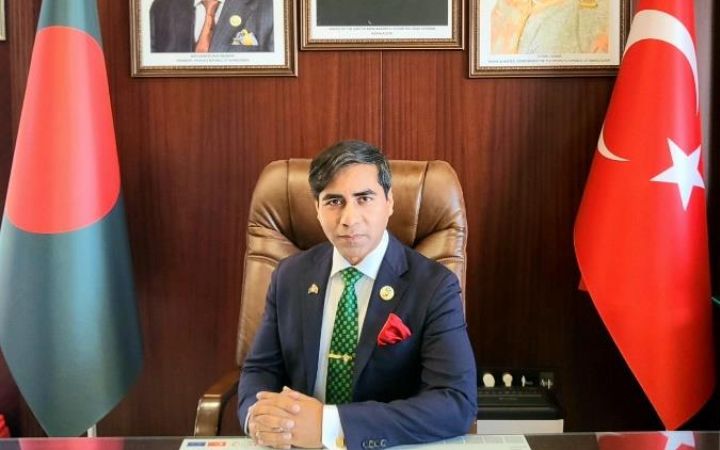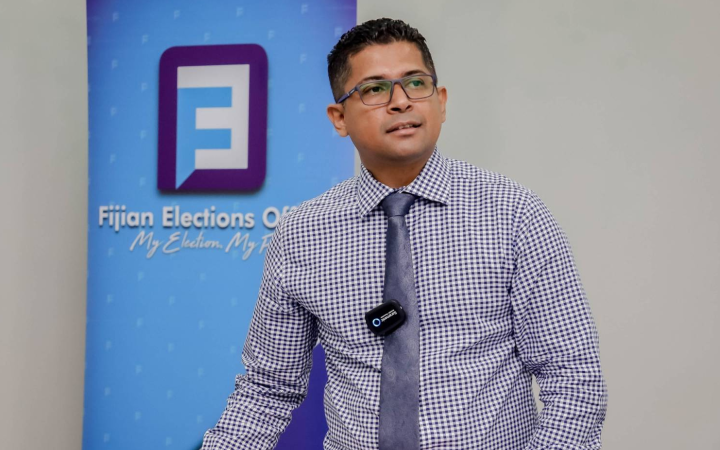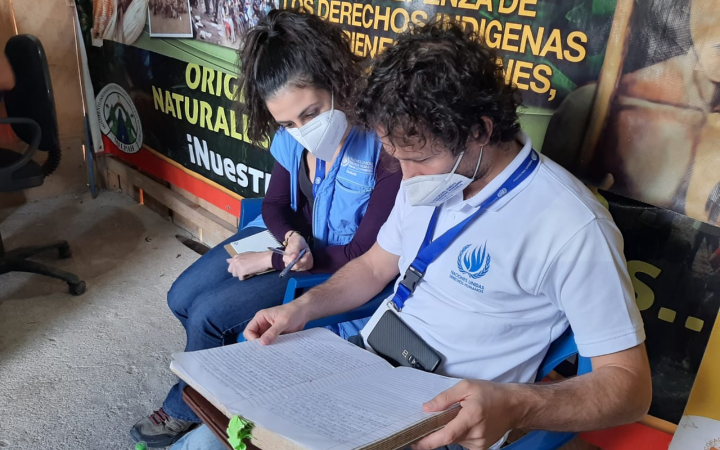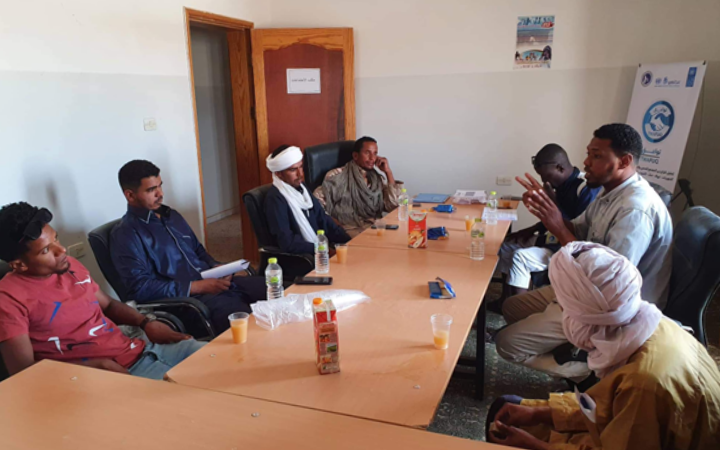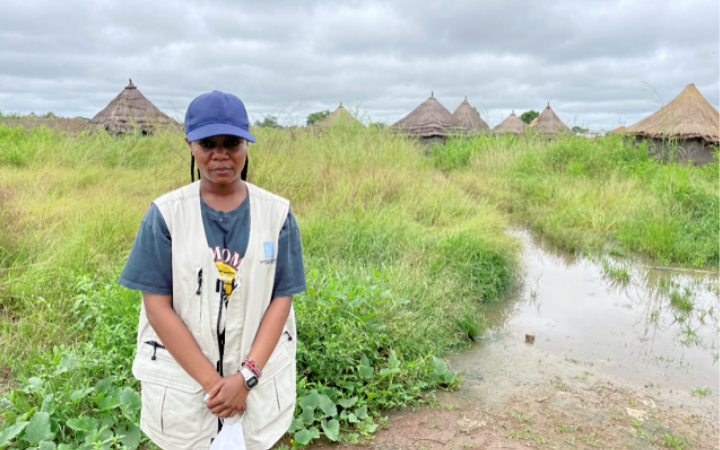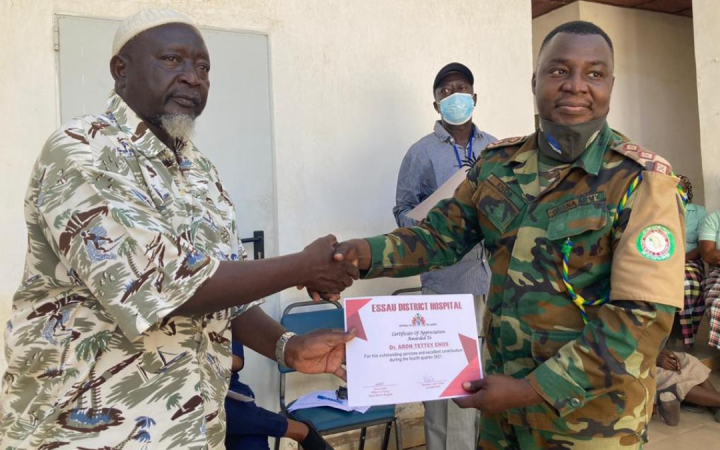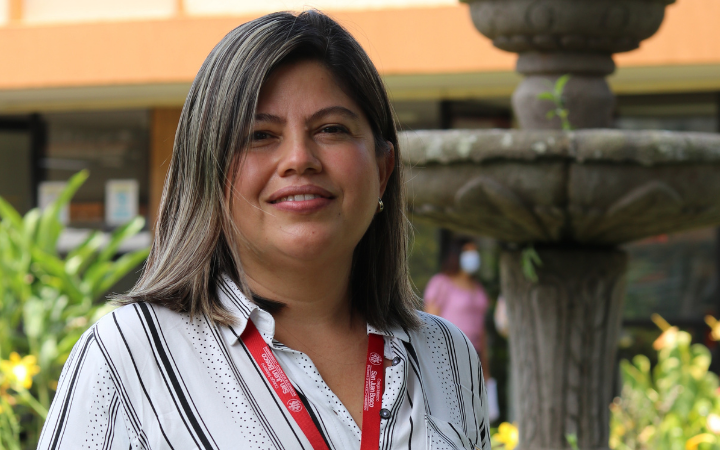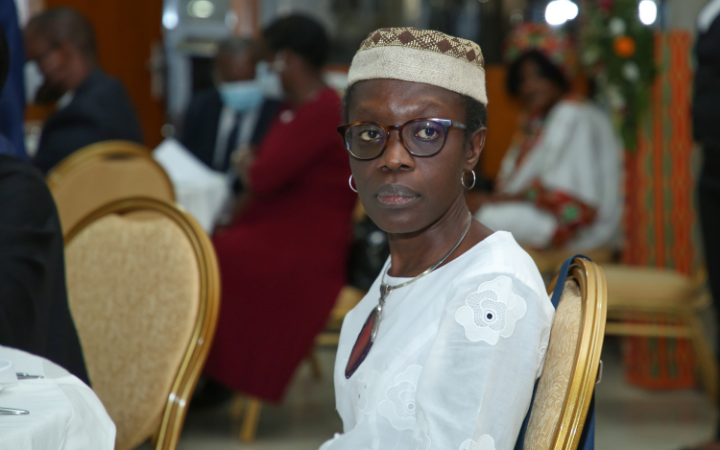Displaying 1 - 10 of 25
Dr Eoin Langan’s background is in accounting, finance and IT consulting, prior to transitioning to a career in Higher Education. He joined TU Dublin in 2019 as Head of School Accounting and Finance, City Campus, and became Dean of the faculty of Business, in September 2021. He brings extensive executive management experience in both industry and academia to the role of Dean. He encourages an inclusive approach with an open leadership style that promotes collaboration, incorporating opportunities for staff development with an emphasis on collegiality and partnership. Dr Eoin has a strong interest in innovation, technology, entrepreneurship and sustainability within Higher Education. His research interests include transition into Higher Education and innovation in Teaching, Learning, Assessment and Feedback. He is a former chair of the Irish Accounting and Finance Association (IAFA). Aligned with his interest on sustainability, Dr. Eoin was a keynote speaker in the International Research Climate Security Conference.
Anna Beck found herself navigating a journey from the private sector to the role of project manager within the United Nations peacekeeping mission MONUSCO in 2022. As an associated Disarmament, Demobilization and Reintegration (DDR) officer, her work primarily focuses on Community Violence Reduction (CVR) projects. Despite her large experience in project management, Anna was eager to continue learning on peacekeeping-related issues. The UNITAR training allowed her to fulfil this objective, bringing new weapons and ammunition management (WAM) perspectives into her CVR work.
Chapter VIII of the UN Charter highlights the importance of cooperation with regional arrangements and agencies for the purpose of the maintenance of peace and security. UNITAR’s Fellowship Programme in Peacemaking and Preventive Diplomacy, now in its 31st year, is unique in bringing together mid- and senior-level diplomats with regional organization representatives and UN staff to provide intensive training in conflict analysis, negotiation and mediation. The first of its kind in the United Nations system, the programme invites senior UN and regional organization staff, top academics and practitioners to serve as senior resource persons, sharing their lessons and strategies with Fellows from around the world.
I was thrilled to be able to write about the things that I practiced on a day-to-day basis and freely discuss the theoretical aspects without any restraints, a freedom that only academia provides us.”
"When working on human rights issues it is often not easy to find mutually beneficial solutions, especially when violators may be sitting at the negotiation table. However, the ability to carry out an interest-based approach allows me to analyze situations more comprehensively and to come up with options that were not being initially considered."
The Stabilization Facility for Libya (SFL) project aims to bridge Libya’s period of transition from an initial humanitarian relief towards mid- and long-term structural and sector-specific support after the 2011 revolution by strengthening national unity and reinforcing state authorities.
“Guidance from the course was essential in informing my project strategy and there is a lot of change in how I think that has really been informed by the training”.
“Would be beneficial to repeat such training programs before every deployment and non-medical members should be included.”
“People are used to training in which one arrives with a notebook and a pencil, sits down and takes notes, but the training offered by UNITAR was quite experiential. The facilitators shared their experiences with us and helped us build trust. This inspired us to share our own story and experiences without fear of judgment.”
"Peace depends on us... One of the most effective ways to demonstrate our impact is to invest in prevention. We spend far more time and resources managing and responding to crises than on preventing them. Our approach needs to be rebalanced.”


